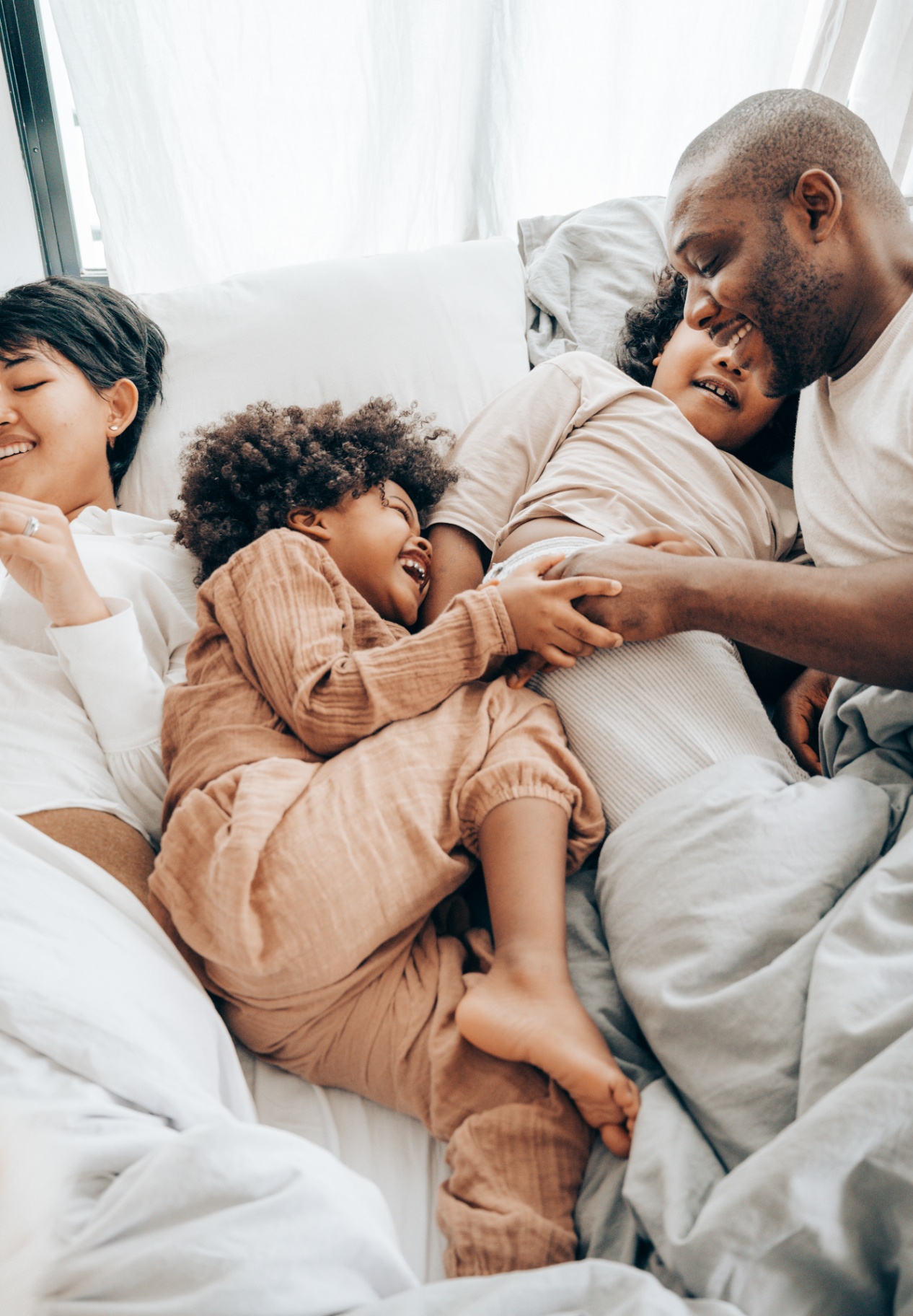You are not alone in your pain and there are effective strategies that can help you heal.
Substance abuse and addiction are so common that at some point in their life everyone will be impacted by it- whether it’s directly (personally experiencing substance abuse or addiction) or indirectly (a friend or family member experiencing it).
What is substance abuse and addiction?
Alcohol and other substances are used by various cultures for social and religious reasons. In Canada, most substances are used socially and as a way to unwind. When used in moderation, substance use is not problematic. It becomes problematic – when it’s use becomes persistent, difficult to control, and causes problems in day to day functioning. At that point, it’s likely the person is experiencing substance abuse or addiction.
Substance abuse and addiction is an attempt to cope with the pain of living. More often than not, people who engage in substance abuse and who experience addiction have experienced loss or trauma and were not taught adaptive strategies to cope with it.
To find relief from this incredible pain, they leaned into a substance or behaviour and found that it worked better than anything else to provide temporary relief from their pain and suffering – they remember what happened a little bit less, difficult emotions like sadness, guilt, anger and shame were dulled, physical pain subsided, and there was a sense of lightness.
The problem with substance abuse and addiction is that eventually, the high wears off, the physical and emotional pain returns, and the memories come flooding back.
Other problems such as those listed below also occur:
- conflict and instability in relationships
- feeling isolated
- difficulty meeting obligations and work/school/family responsibilities
- financial strain
- hangover/emotional and physical stress
- intense urges for the substance or behaviour
- finding oneself in risky and dangerous situations
These difficulties cause more pain and lead to a vicious cycle of getting high, coming down, experiencing even more pain than initially, seeking the same relief which over time becomes shorter and less effective. In fact, many note that over time, they:
- need more of the substance or behaviour to get the same effect
- do things they wouldn’t normally do to get the substance or engage in the behaviour
- focus more and more time and energy on getting and using the substance or behaviour
- experience withdrawal symptoms when not using the substance or behaviour
How can New Moon Psychotherapy help?

Nearly 21% of Canadians (~6 million people) will meet the criteria for addiction in their lifetime.
Please know that you’re not alone and change is possible.
Our highly trained therapists specialize in treating substance use and addiction and are committed to using evidence-based therapies – the ones that research shows are effective for the difficulties that you’re experiencing.
Typically, substance abuse and addiction treatment at New Moon Psychotherapy will involve three components
1) Psychoeducation: Helping you understand substance abuse and addiction including why you are experiencing this problem and the function that this problem serves.
2) Coping Strategies: Teaching you various cognitive, behavioural, and somatic strategies to help you manage cravings, regulate your emotions, tolerate distress, and calm your nervous system.
3) Trauma and/or Grief Processing: This gets to the root of the addiction and allows you to heal the pain that has been keeping you stuck all this time. This is incredibly important because it is more likely to prevent the addiction from recurring.
Each of these components build upon one another and will allow you to heal and create meaningful, long-lasting change in your life.
Dr. Gabor Mate, an expert in the research and treatment of addiction has said that addiction begins and ends with pain. The good news is that you can change the narrative and through therapy, change your ending.
At New Moon Psychotherapy, our team supports individuals experiencing various forms of substance abuse and addiction including alcohol, illicit and prescription drugs, sex, and pornography.
Substance Use and Addiction FAQs
My loved one (child, sibling, partner, friend, etc.) is experiencing substance abuse/addiction. What can I do to help.
 It can be incredibly difficult to see your loved one struggling. In the past a tough love approach was recommended. Given what we now know about addiction and substance abuse we urge you to NOT go down that route. People struggling with addiction and substance abuse need compassion and support. They need to know that they are loved and that others see the humanity in them. Often, we recommend that loved ones receive their own support so that they can learn how to effectively support their loved one.
It can be incredibly difficult to see your loved one struggling. In the past a tough love approach was recommended. Given what we now know about addiction and substance abuse we urge you to NOT go down that route. People struggling with addiction and substance abuse need compassion and support. They need to know that they are loved and that others see the humanity in them. Often, we recommend that loved ones receive their own support so that they can learn how to effectively support their loved one.
We offer individual, couples, and family therapy and will work with you to tailor our approach to address your family’s specific needs.
Do I need treatment?
We hear this question often. Truthfully, before someone begins treatment, they will have gone through multiple attempts at stopping or cutting down their use and found little success. Being guided by a therapist can provide more effective and long lasting healing.
You might find it helpful to answer some of these questions to consider if your substance use is a problem and if treatment might be right for you:
- Is the substance use/behaviour hard to control? Have you tried to cut down in the past and were unable to do this or to maintain the change?
- Has engaging in the substance use/behaviour caused problems in your life? This could be problems at home, work, school, or relationships.
- Has using the substance/behaviour worsened depression, anxiety, or caused other emotional problems?
- Have you gotten into risky situations while using the substance/behaviour?
- Do you experience withdrawal symptoms or recurring thoughts about the substance or behaviour when you don’t engage in the substance or behaviour?
- Have others expressed concern about your substance use or behaviour?
 If the answer to any of these questions is yes, therapy can help.
If the answer to any of these questions is yes, therapy can help.
Do I need to stop using? What if I just want to cut down?
An abstinence approach is not for everyone and will develop a treatment plan that will help you meet your goals. Our team has training in both harm-reduction and abstinence methods and will work with you to create a life that YOU find meaningful and fulfilling.
It’s also okay if you don’t know what your goal is just yet or are unsure if you’d like to choose abstinence or harm-reduction – not knowing is part of the journey and we will support you through it.



